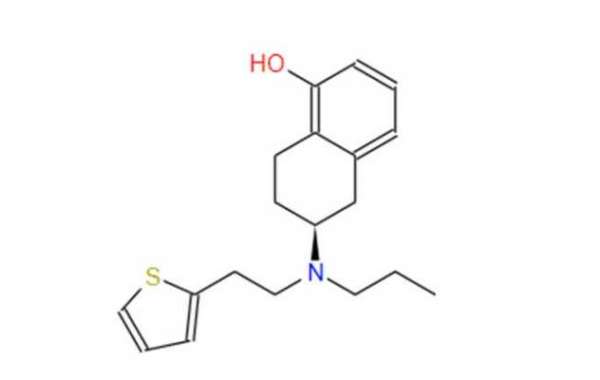One such innovation is the use of Rotigotine API (Active Pharmaceutical Ingredient), which has shown promise in enhancing the quality of life for patients with advanced Parkinson's disease. In this blog post, we will explore the role of Rotigotine API and its potential benefits for individuals living with this challenging condition.
Understanding Parkinson's Disease
Before delving into the specifics of Rotigotine API, it's essential to understand the nature of Parkinson's disease and its impact on patients. Parkinson's disease is characterized by the loss of dopamine-producing neurons in the brain, leading to motor symptoms such as tremors, stiffness, slowness of movement, and difficulty with balance and coordination. Additionally, non-motor symptoms such as cognitive impairment, depression, and sleep disturbances can further exacerbate the challenges faced by patients.
The Challenges of Advanced Parkinson's Disease
As Parkinson's disease progresses, symptoms often become more severe and difficult to manage. Patients may experience fluctuations in motor function, known as "on-off" episodes, where they fluctuate between periods of mobility and immobility. Additionally, medication efficacy may decrease over time, requiring adjustments in treatment regimens. These challenges can significantly impact patients' daily functioning and overall quality of life.
The Role of Rotigotine API
Rotigotine is a dopamine agonist medication that works by stimulating dopamine receptors in the brain, thereby helping to alleviate Parkinson's disease symptoms. As an API, Rotigotine is formulated into various dosage forms such as transdermal patches, which offer continuous and sustained delivery of the medication over a 24-hour period. This continuous delivery system helps smooth out fluctuations in motor function and provides more consistent symptom relief compared to oral medications.
Benefits of Rotigotine API for Advanced Parkinson's Disease Patients
Continuous Symptom Control: The sustained release of Rotigotine through transdermal patches helps provide continuous symptom relief, reducing the frequency and severity of motor fluctuations and "on-off" episodes.
Improved Motor Function: Rotigotine API has been shown to improve motor function, including mobility, gait, and balance, thereby enhancing patients' ability to perform daily activities and maintain independence.
Enhanced Quality of Life: By effectively managing symptoms, Rotigotine API can improve patients' overall quality of life, allowing them to participate in social activities, pursue hobbies, and enjoy a better sense of well-being.
Convenience and Compliance: The transdermal delivery system of Rotigotine patches offers convenience and ease of use, eliminating the need for frequent dosing and reducing the risk of medication errors. This can improve treatment adherence and patient satisfaction.
Conclusion
In conclusion, Rotigotine API represents a significant advancement in the management of advanced Parkinson's disease. By providing continuous and effective symptom relief, Rotigotine helps improve motor function, enhance quality of life, and offer greater convenience for patients. However, it's essential to consult with a healthcare professional to determine the most appropriate treatment regimen based on individual patient needs and preferences. With continued research and innovation, we can strive to further improve the lives of individuals living with Parkinson's disease.








